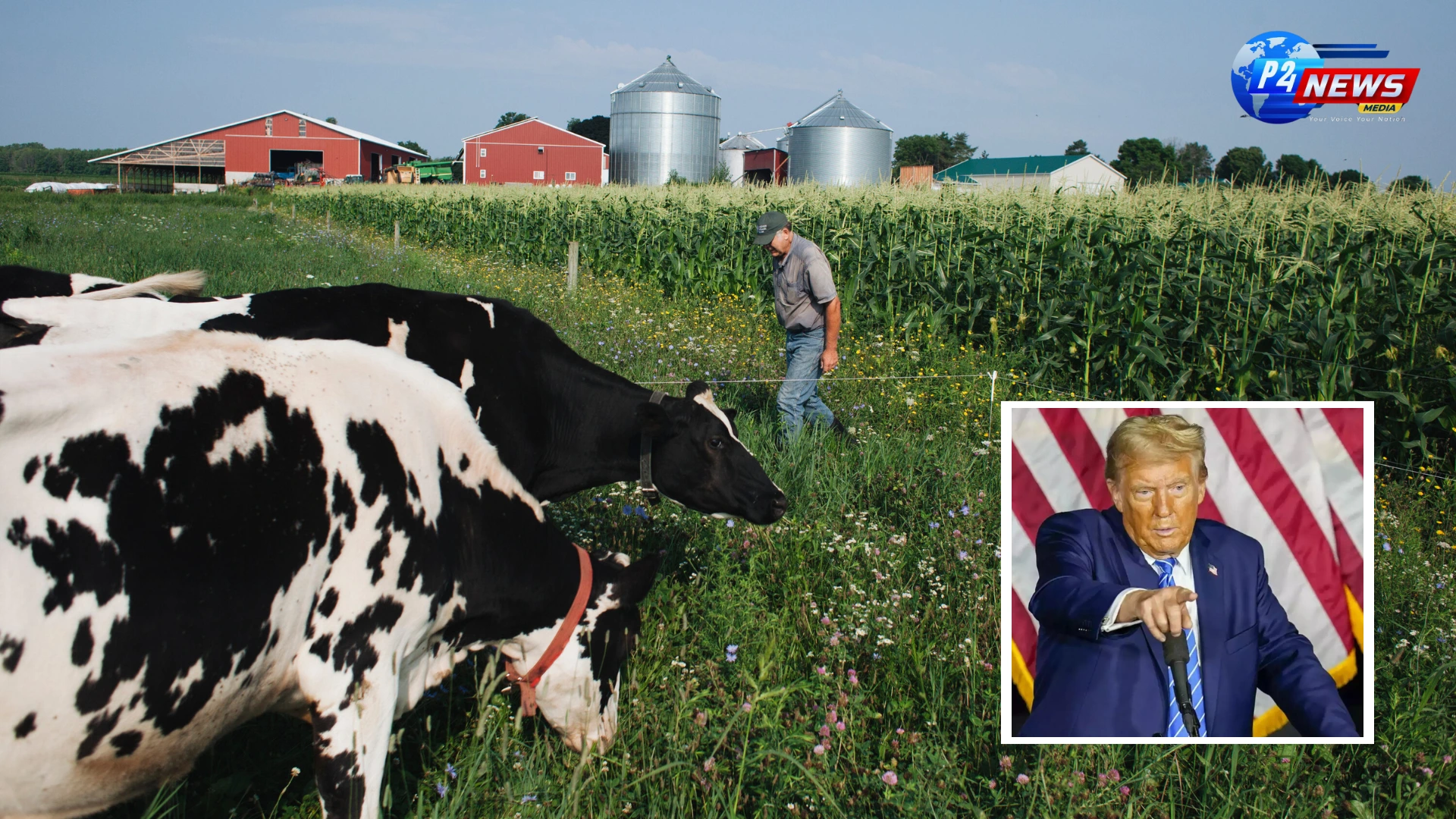Farmers and major companies in Australia express concern over Donald Trump's proposed global tariff on imports, fearing significant impacts on trade. The 10-20% tariff could escalate costs for Australian exports to the US.
Farmers and major companies in Australia express concern over Donald Trump's proposed global tariff on imports, fearing significant impacts on trade. The 10-20% tariff could escalate costs for Australian exports to the US.
A wave of apprehension envelops Australian farmers and major corporations as President-elect Donald Trump signals his intention to impose global tariffs on imports into the United States. The proposed tariff could raise costs for Australian goods exported to the US by 10-20%, prompting fears of profound ramifications for trade relations.
The introduction of significant tariffs could severely burden Australian exporters, particularly in critical sectors such as agriculture and mining. With the current trade relationship valued at an impressive $115 billion—where Australian exports amount to around $32 billion—this sudden shift in tariffs could upend decades of free trade principles. According to Andy Stoeckel, a former head of the Australian Bureau of Agricultural and Resource Economics, such protectionist measures could trigger a global retreat from free trade, ultimately harming consumers who would bear the brunt of increased prices.
Statistics from the Department of Foreign Affairs and Trade indicate that over 96% of Australian goods exported to the US currently benefit from tariff-free status due to a longstanding free trade agreement. However, a potential global tariff could disrupt this equilibrium, affecting numerous Australian companies, from Woodside to Rio Tinto, and jeopardizing jobs for over 150,000 workers employed by Australian firms operating in the US.
A tariff imposed by the US would not be absorbed by exporters; instead, US importers would incur the additional costs, leading to higher prices for consumers. Historical data shows that prior tariffs introduced during Trump's first term had a dual effect—increasing US manufacturing yet simultaneously inflating costs for consumers.
Australia's mining sector heavily relies on the US market, with iron ore and coal comprising over half of the nation’s export revenue. Notably, experts point out that while a 10% tariff on imports may pose challenges, a more significant concern lies in the 60% tariff Trump proposed on Chinese imports. Such a move could depress manufacturing in China, affecting Australia's demand for raw materials.
Australian beef exports have seen remarkable growth in recent years, now reaching approximately $300 million. However, industry analysts caution that tariffs could dampen this momentum. With the US aiming to lower food prices, imposing tariffs on imported beef could backfire, raising costs for American consumers instead. The sheep meat sector also faces uncertainty; Australia exports substantial quantities of mutton and lamb to the US, which could be jeopardized by these new trade barriers.
The call for an open trading system is echoed by grain growers and industry leaders, who stress the importance of maintaining a stable trading environment amid increasing global tensions. As Australia navigates through potential tariff impositions, the overarching concern remains the ripple effect on trade and economic stability, both domestically and internationally.
As discussions around these tariffs continue, the Australian agricultural landscape stands at a critical juncture, needing strategic negotiations to avert potential disasters impacting farmers and the broader economy.
Like
Dislike
Love
Angry
Sad
Funny
Pray
'Trump Tracker: Tulsi Gabbard's Surprising Appointment as US Intelligence Chief
November 14, 20249th Ayurveda Day in Melbourne: A Celebration of Ayurvedic Innovations and Global Health Impact
November 10, 2024🍪 We Value Your Privacy and Experience Hi there! We use cookies to enhance your browsing experience, provide personalized content, and analyze site traffic. By continuing to use our site, you consent to our use of cookies.







Comments 0